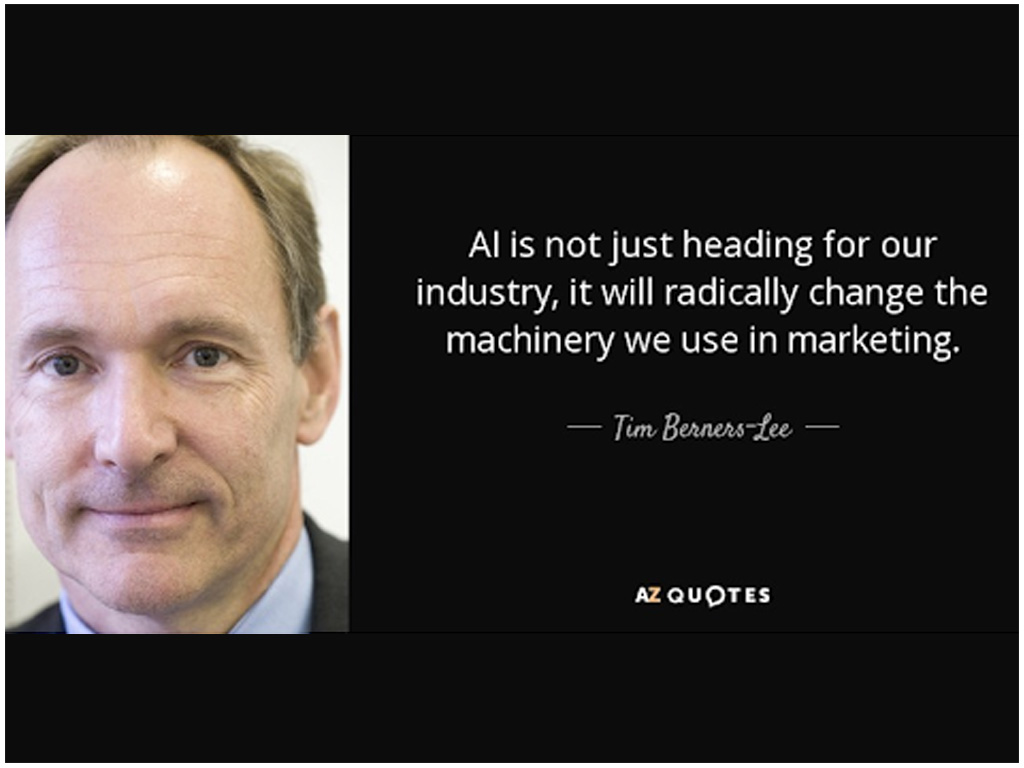Table of Contents
Introduction
What is AI Singularity?

Definition and Concept
AI Singularity refers to a hypothetical future event when artificial intelligence surpasses human intelligence, leading to unprecedented technological growth.
- This concept suggests that once AI reaches or exceeds human cognitive abilities, it could trigger rapid advancements that are difficult to predict or control
- The idea is rooted in the belief that AI could eventually learn and improve itself at an exponential rate, far outpacing human capabilities
- The concept of Singularity was first introduced by mathematician John von Neumann in the 1950s, who described it as the point where “technological progress becomes incomprehensively rapid and profound.”
- However, it was futurist Ray Kurzweil who popularized the idea in his book *The Singularity Is Near*, where he predicted that the Singularity would occur around 2045
- Kurzweil’s theory is based on the idea that technological growth follows a pattern of accelerating returns, leading to an inevitable point where AI surpasses human intelligence
Key Theories and Thought Leaders
Ray Kurzweil is perhaps the most well-known proponent of the Singularity, but he is not alone in his predictions. Many other thinkers and technologists have contributed to the discussion of AI Singularity.

- Ray Kurzweil’s Predictions: Kurzweil’s timeline for the Singularity is based on his observations of exponential technological growth. He argues that as AI continues to advance, it will eventually reach a tipping point where it can improve its intelligence without human intervention.
- Other Perspectives: Nick Bostrom, a philosopher and AI researcher has also contributed significantly to the discourse on AI Singularity. In his book *Superintelligence: Paths, Dangers, Strategies*, Bostrom explores the potential risks associated with AI surpassing human intelligence.
While Kurzweil and Bostrom represent different views on the timeline and implications of Singularity, both agree on the importance of preparing for this transformative event.
Predictions for AI Singularity
Timeline Predictions
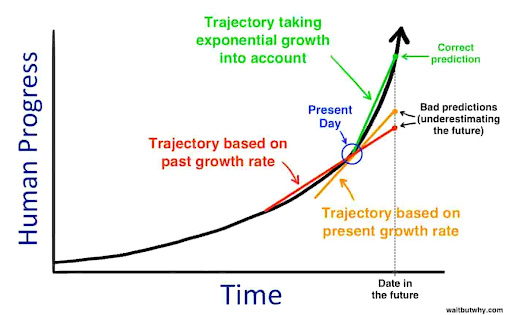
- Near-Term Predictions: Optimistic predictions, such as those made by Ray Kurzweil, suggest that AI Singularity could occur as early as 2045. These predictions are based on the rapid pace of technological advancement in AI, particularly in areas like deep learning, neural networks, and quantum computing.
- Long-Term Predictions: Skeptics argue that while AI has made significant progress, there are still fundamental challenges that must be overcome before we can achieve true artificial general intelligence (AGI).
Technological Milestones

To achieve AI Singularity, several technological milestones must be reached. These milestones represent the key advancements that will enable AI to surpass human intelligence.
- Current Progress: Technologies such as deep learning and neural networks have enabled machines to perform tasks that were once thought to be the exclusive domain of humans, such as recognizing images, understanding natural language, and playing complex games like chess and Go.
- Future Breakthroughs: To reach Singularity, AI must achieve several critical breakthroughs. One of the most important is the development of AGI, which would enable machines to perform any intellectual task that a human can do.
Challenges in Achieving AI Singularity
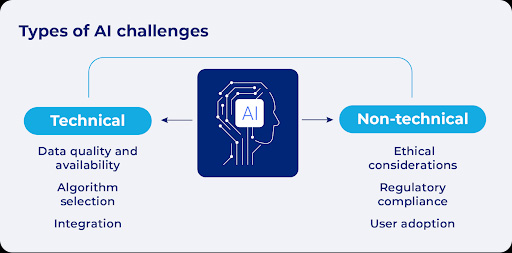
Technical Challenges
Achieving AI Singularity is not without its challenges. The complexity of developing AI that can surpass human intelligence presents significant technical hurdles.
- AI Complexity: Creating AI that can match or exceed human intelligence is a daunting task. While current AI systems excel at specific tasks, they lack the general intelligence and adaptability of humans.
- Ethical and Moral Dilemmas: The development of superintelligent AI raises a host of ethical and moral questions. It highlights the need for careful consideration of the ethical implications of AI and the potential consequences of creating machines that are more intelligent than humans.
Societal and Economic Impacts
The rise of superintelligent AI could have profound effects on society and the economy. While AI has the potential to improve our lives in many ways, it also poses significant risks.
- Job Displacement: One of the most immediate concerns is the potential for mass unemployment as AI takes over tasks currently performed by humans. Automation has already begun to replace jobs in industries like manufacturing, retail, and transportation.
- Inequality and Access: Another concern is the potential for AI to exacerbate existing inequalities. As AI technologies become more advanced and expensive, there is a risk that only a small portion of the population will have access to them, leading to a widening gap between the rich and the poor.
Regulatory and Safety Concerns
To ensure that AI is developed and used responsibly, there must be appropriate regulations and safeguards in place. However, this is easier said than done.
- AI Governance: One of the key challenges in regulating AI is the lack of a global consensus on how it should be governed. Different countries have different priorities and values when it comes to AI, making it difficult to develop a unified approach.
- Risk of AI Misuse: Another major concern is the potential for AI to be used for malicious purposes. For example, autonomous weapons powered by AI could be used in warfare, leading to devastating consequences.
Opportunities Presented by AI Singularity
While the challenges of AI Singularity are significant, many opportunities could arise from this technological revolution.
Advancements in Medicine and Healthcare
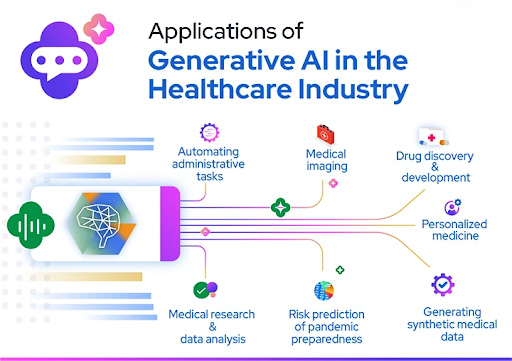
- Personalized Medicine: AI has the potential to revolutionize healthcare by enabling personalized medicine. By analyzing vast amounts of data, AI can identify patterns and correlations that are beyond the capabilities of human doctors.
- Lifespan Extension: Another area where AI could have a profound impact is in extending the human lifespan. By analyzing data on aging and disease, AI could identify new ways to prevent and treat age-related conditions.
Transformation of Industries

AI Singularity could also have a transformative impact on a wide range of industries, leading to increased efficiency, productivity, and innovation.
- Smart Manufacturing: One of the industries that could benefit the most from AI is manufacturing. AI-powered machines could take over tasks that are currently performed by humans, leading to increased efficiency and reduced costs.
- Creative AI: Another area where AI could have a significant impact is in the creative industries. AI-powered tools could help artists, musicians, and designers create new works of art, music, and design.
Global Problem-Solving
Finally, AI Singularity could have a transformative impact on global problem-solving, helping to address some of the world’s most pressing challenges.
- Climate Change: AI could play a central role in addressing this challenge by developing new technologies and strategies for reducing greenhouse gas emissions, increasing energy efficiency, and mitigating the impacts of climate change.
- Global Poverty: Another area where AI could have a significant impact is in addressing global poverty. AI-powered tools could help improve access to education, healthcare, and financial services, leading to better outcomes for people living in poverty.
Preparing for the AI Singularity
As we move closer to AI Singularity, it is crucial to prepare for the challenges and opportunities that lie ahead.
Education and Workforce Development
One of the key areas where preparation is needed is in education and workforce development.
- Skill Building: To thrive in an AI-driven world, individuals must develop new skills and competencies. This includes technical skills, such as coding and data analysis, as well as soft skills, such as creativity, critical thinking, and problem-solving.
- Lifelong Learning: In an AI-driven world, learning will need to be a lifelong pursuit. As AI continues to evolve, individuals must be able to continuously update their skills and knowledge to stay relevant in the job market.
Ethical AI Development
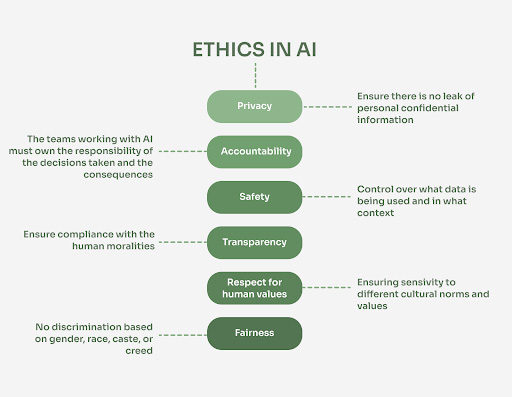
- Responsible AI: As AI becomes more powerful, it is crucial to develop it in a way that prioritizes safety, fairness, and transparency. This requires the development of ethical guidelines and standards for AI development, as well as ongoing monitoring and evaluation of AI systems.
- Collaborative Efforts: To ensure that AI is developed and used responsibly, there must be ongoing collaboration between governments, corporations, academia, and other stakeholders. This includes the development of international standards and regulations for AI, as well as the sharing of knowledge and resources.
Personal and Societal Adaptation
Finally, it is crucial to prepare for the personal and societal changes that will accompany AI Singularity.- Embracing Change: As AI continues to evolve, individuals and society as a whole must be open to change and willing to adapt to new realities. This requires a shift in mindset from fear and resistance to curiosity and exploration.
- Balancing Progress and Caution: While it is important to embrace the opportunities presented by AI, it is also crucial to approach AI development with caution. This includes carefully considering the potential risks and unintended consequences of AI.
Conclusion
As we stand on the brink of an AI-driven future, the choices we make today will determine the world of tomorrow. AI Singularity represents both an incredible opportunity and a significant challenge.
By understanding the predictions, challenges, and opportunities associated with AI Singularity, we can better prepare for the future and ensure that AI is developed and used in a way that benefits everyone.
Deepak Wadhwani has over 20 years experience in software/wireless technologies. He has worked with Fortune 500 companies including Intuit, ESRI, Qualcomm, Sprint, Verizon, Vodafone, Nortel, Microsoft and Oracle in over 60 countries. Deepak has worked on Internet marketing projects in San Diego, Los Angeles, Orange Country, Denver, Nashville, Kansas City, New York, San Francisco and Huntsville. Deepak has been a founder of technology Startups for one of the first Cityguides, yellow pages online and web based enterprise solutions. He is an internet marketing and technology expert & co-founder for a San Diego Internet marketing company.

